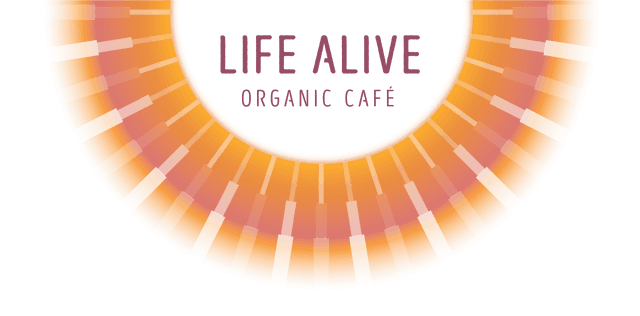Ever wonder where the expression “gut feeling” or “butterflies in your stomach” comes from? They aren’t just figures of speech—they are proof of the incredible connection between your brain and digestive system.
And if our minds and stomachs are so connected, it only makes sense that by focusing on what we eat, we can strengthen and support this pathway. In fact, diversifying your diet can:
Increase beneficial bacteria
Reduce inflammation
Lower stress
Enhance neurotransmitter production
But first, let’s begin with the basics.
What is the Gut-Brain Axis?
Your gut and brain are intimately connected. This communication highway, known as the gut-brain axis, involves three key players:
1. The Enteric Nervous System: Your Second Brain
Hidden within your digestive tract is a complex neural network so sophisticated, it's often called the "second brain." This system contains hundreds of millions of nerves that can process information and generate responses independently.
Think about it as the way to gather information about the conditions inside your GI tract, which processes that information locally and generates a response without sending it back to your brain. These responses are called “vagal reflexes” and they work both with and separately from your central nervous system. More on the vagus nerve below!
2. The Vagus Nerve: Your Body's Information Superhighway
The vagus nerve acts as a two-way messenger that connects your brain to your digestive system and transmits sensory information from your gut to your brain. It responds to changing conditions in the gut, like chemical changes or food, then carries motor signals from your brain back to your gut.
3. The Gut Microbiome: Tiny Allies with Huge Impact
The trillions of bacteria living in your gut are more purposeful than you’d think. For starters, they help produce neurotransmitters that communicate with your brain—approximately 90% of your body's serotonin is produced in the gut! They also influence mood, stress response, cognitive function and can be significantly impacted by diet and lifestyle. Eating a variety of different kinds of foods and nutrients can help to increase these beneficial bacteria, reduce inflammatory microorganisms and enhance neurotransmitter production.
Backed by Scientific Evidence
Research, including the groundbreaking SMILES trial in 2017, has demonstrated that gut health directly influences mental wellbeing. This research has also proven that a diet rich in plant-based foods can help manage conditions like depression and support overall mental health.
Your gut and brain are in constant conversation. By making mindful dietary and lifestyle choices, you can support this remarkable communication network and boost both your mental and physical health.
5 Ways to Boost Your Gut-Brain Connection:
1. Diversify Your Diet
The beneficial bacteria in your gut are reliant on unique nutrients to perform specific roles, which help them to communicate with the brain more effectively. With this in mind, the most productive way to jumpstart the gut-brain connection starts with eating a variety of different kinds of foods and nutrients, including a range of whole foods. This should include fruits and vegetables of all kinds and colors, so you can get the most out of their different polyphenols and beneficial nutrients—like anti-inflammatory and anti-oxidizing properties.

2. Fiber is Your Friend
Another easy switch is eating more fiber which helps to feed the many flourishing, beneficial bacteria in your gut microbiome. As a result, a strengthened gut will promote neurotransmitter production and help to reduce inflammation, which helps power your brain and keep it running at its sharpest. You can consume fiber in a variety of plant-based foods, incorporating both soluble and insoluble fiber, which will aid your microbiome's health and diversity through powerful prebiotics.

3. Embrace Fermented Foods
Another way to strengthen the variety and balance of bacteria in your gut is to introduce probiotic-rich foods like kimchi and Greek yogurt. These kinds of foods will enhance gut bacteria balance, which support mental clarity by helping create neurotransmitters like serotonin.

4. Prioritize Omega-3 Fatty Acids
Gut inflammation is one of the leading factors in cognitive decline, but Omega 3’s help address this by supporting the structural integrity and fluidity of brain cells so they can properly and efficiently communicate. Incorporating them into your diet with foods like chia seeds, walnuts, avocados and olive oil will help reduce gut inflammation and support the healing of hardworking muscles and tissues. Not only do they support neural communication, but they also increase good bacteria in the gut and may reduce risk of brain disorders.

5. Manage Your Stress
Chronic stress can actually disrupt your gut bacteria—in turn affecting the way it connects with your brain—so finding ways to manage stress is a crucial way to take care of yourself and improve symptoms of intestinal distress. Though everyone has different needs, practicing mindfulness techniques, trying meditation or deep breathing exercises are great places to start.




